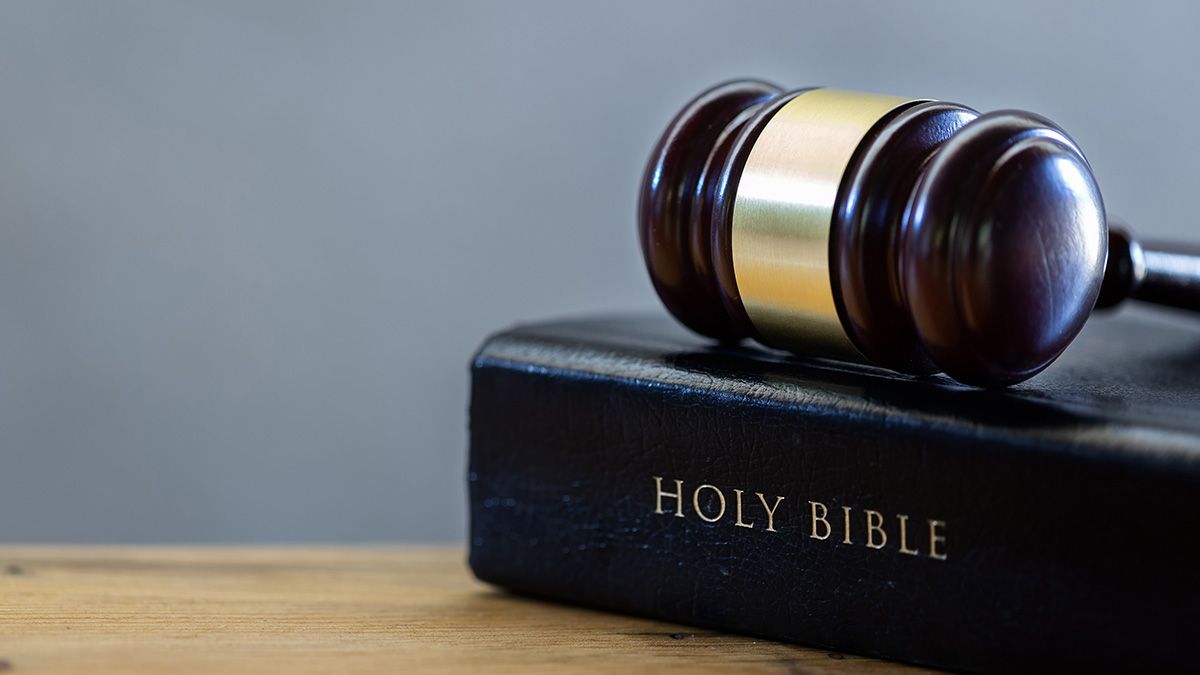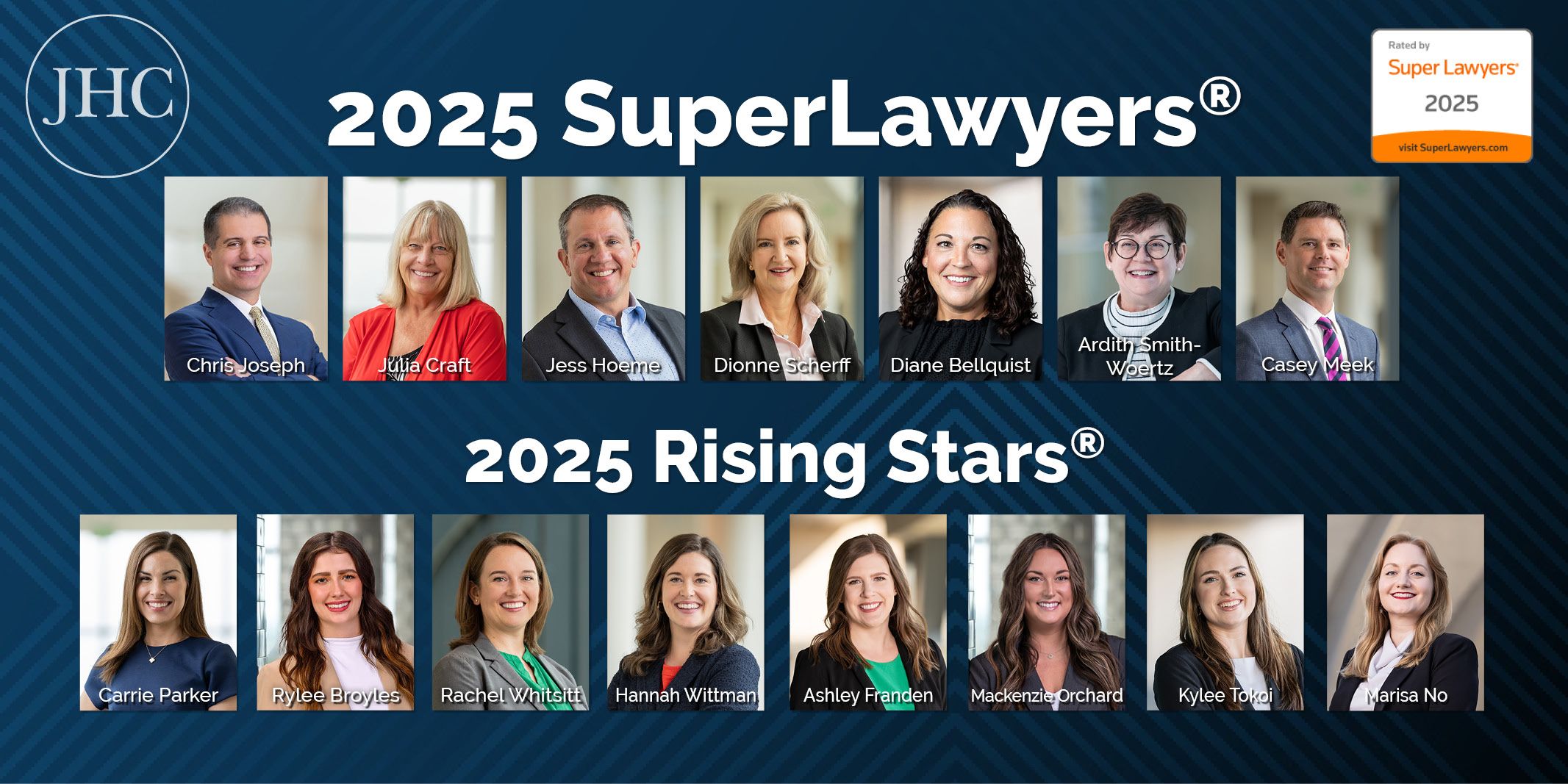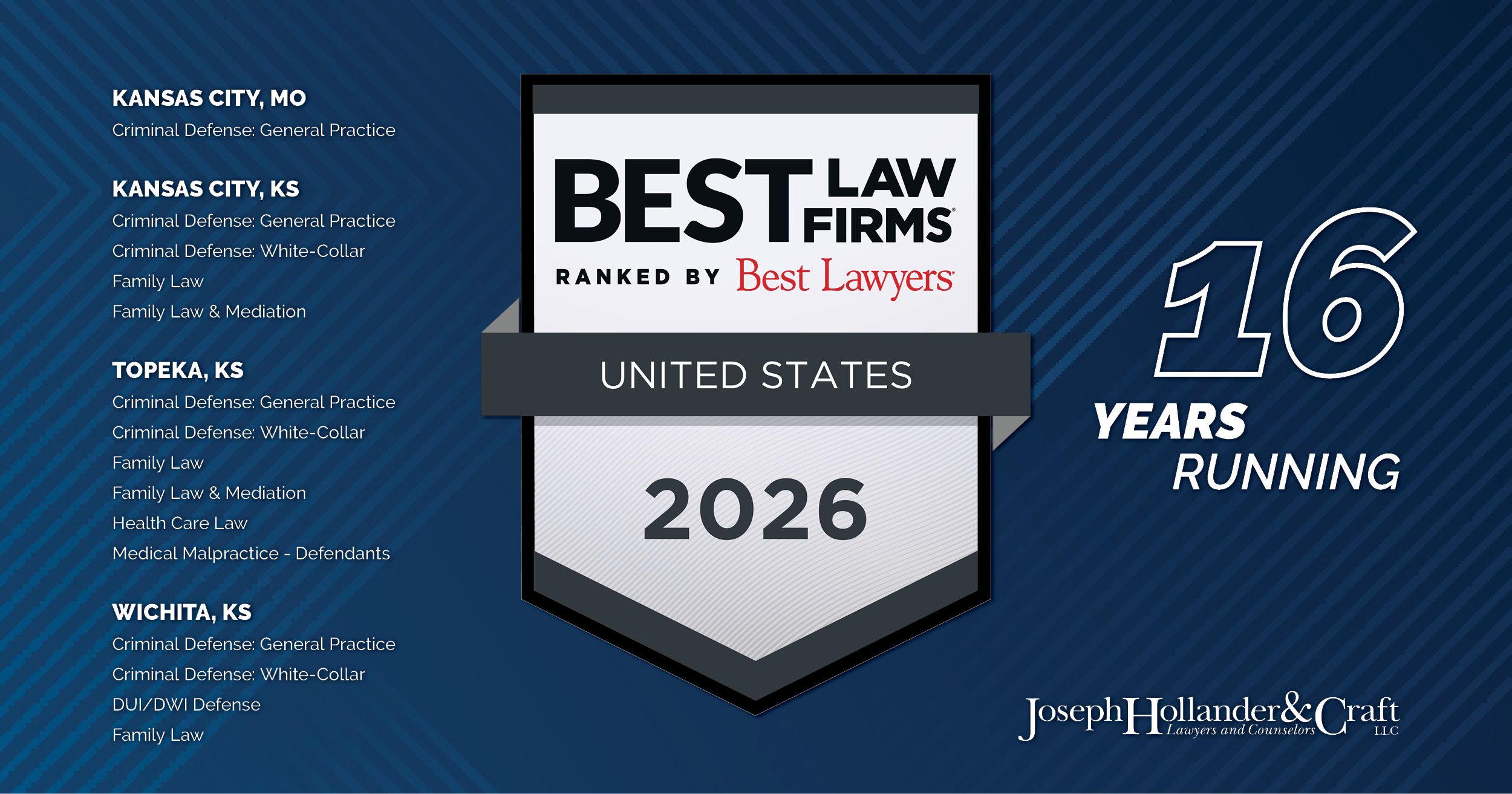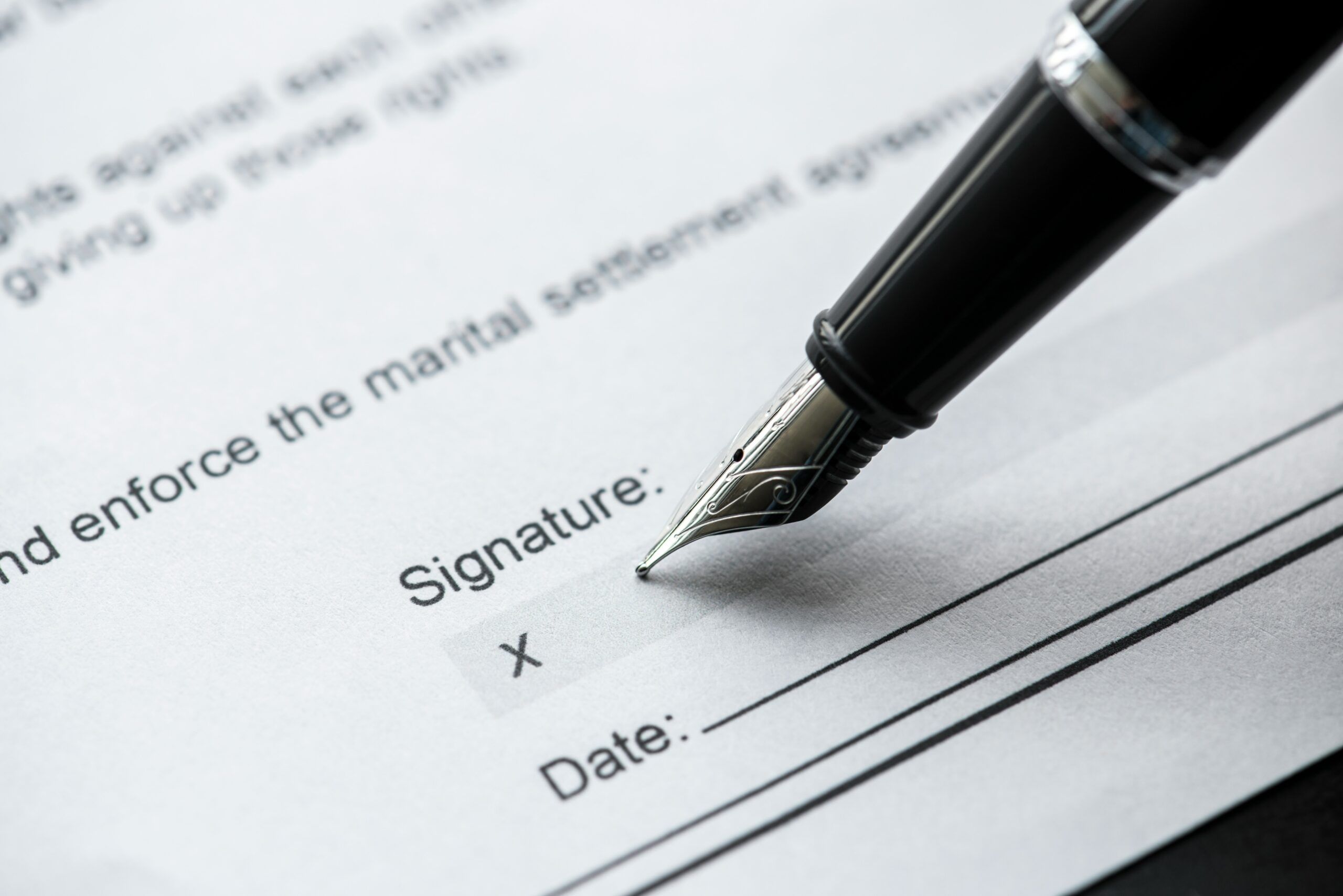December 2022 LEMR Article
This article is featured in Volume 3, Number 12 of the Legal Ethics and Malpractice Reporter.
In July 2022, the Maryland Judicial Ethics Committee issued an extremely interesting opinion. A Maryland judge’s church had asked the judge to give a “historical presentation” on the United States Supreme Court decision in Dobbs v. Jackson Women’s Health Organization, the case in which the Supreme Court overruled Roe v. Wade. The judge who received the invitation asked the Judicial Ethics Committee whether he could ethically do so. In Judicial Ethics Opinion 2022-24, the Commission answered.
The Maryland Judicial Ethics Committee cited four Maryland Judicial Ethics rules as a basis for its opinion:
- Rule 18-101.2(a) requires that “[a] judge shall act at all times in a manner that promotes public confidence in the independence, integrity, and impartiality of the judiciary.”
- Rule 18-103.1 provides that a judge may engage in extrajudicial activities provided that such participation shall not interfere with performance of the judge’s duties; lead to frequent disqualification of the judge; appear to undermine the judge’s independence, impartiality, or integrity; appear to be coercive; or make inappropriate use of court resources.
- Rule 18-103.7 provides that a judge may participate in activities “sponsored by or on behalf of educational, religious, charitable, fraternal, or civic organizations not conducted for profit.”
Rule 18-102.10. Judicial Statements on Pending and Impending Cases provides:
(a) A judge shall abstain from public comment that relates to a proceeding pending or impending in any court and that might reasonably be expected to affect the outcome or impair the fairness of that proceeding and shall require similar abstention on the part of court personnel subject to the judge’s direction and control. This Rule does not prohibit a judge from making public statements in the course of official duties or from explaining for public information the procedures of the court.
(b) With respect to a case, controversy, or issue that is likely to come before the court, a judge shall not make a commitment, pledge, or promise that is inconsistent with the impartial performance of the adjudicative duties of the office.
(c) Notwithstanding the restrictions in sections (a) and (b) of this Rule, a judge may make public statements in the course of official duties, may explain court procedures, and may comment on any proceeding in which the judge is a litigant in a non-judicial capacity.
The judge’s church had asked him specifically to speak about Dobbs and how the decision “might relate to other rights.” This language concerned the Commission:
It is an understatement to say that Dobbs and the concurring and dissenting opinions have been the subject of much discussion, debate, and speculation. The Requestor did not provide information on the exact substance of what he/she would include in the presentation to the church. But we caution that the Requestor may not include in the presentation anything that could be seen as undermining the judge’s independence or impartiality. This is particularly important because the Supreme Court held in Dobbs that the regulation of abortions is the responsibility of individual states. Therefore, it is possible that cases could be brought in Maryland courts on this issue. A judge must be careful not to express any views that could be seen as manifesting a predisposition in deciding issues or cases that could come before Maryland courts. The Code clearly prohibits this.
The Committee took a nuanced approach on the judge’s request. They decided that the judge was free to give the presentation on the “historical” aspects of Dobbs, but that the judge could not give “personal views on Dobbs and how it might relate to other rights.” The danger the Committee saw in the latter was the possibility that the judge might be called on to decide about such related rights in a future case that came before him, especially because the decision in Dobbs had shifted such cases to the state courts.
In Opinion 2022-24, the Maryland Commission on Judicial Ethics, has provided a useful template for judges called upon to speak about controversial decisions by other courts in venues such as churches. It balances the social utility of having judges speak to the public on current matters of public interest with the need for judges to maintain the appearance of impartiality.
About Joseph, Hollander & Craft LLC
Joseph, Hollander & Craft is a premier law firm representing criminal, civil and family law clients throughout Kansas and Missouri. When your business, your freedom, your property, or your career is at stake, you want the attorney standing beside you to be skilled, prepared, and relentless. From our offices in Kansas City, Lawrence, Overland Park, Topeka and Wichita, our team of 20+ attorneys has you covered. We defend against life-changing criminal prosecutions. We protect children and property in divorce cases. We pursue relief for victims of trucking collisions and those who have suffered traumatic brain injuries due to the negligence of others. We fight allegations of professional misconduct against doctors, nurses, judges, attorneys, accountants, real estate agents and others. And we represent healthcare professionals and hospitals in civil litigation.













